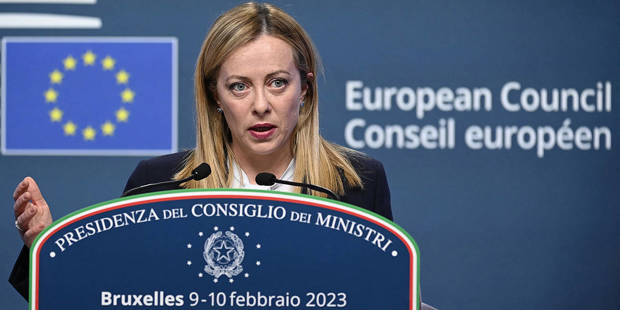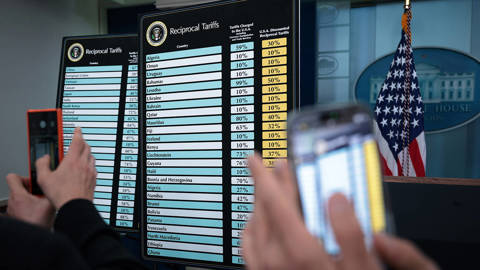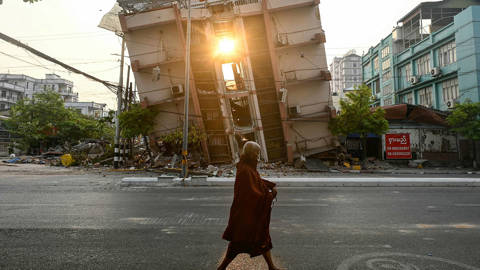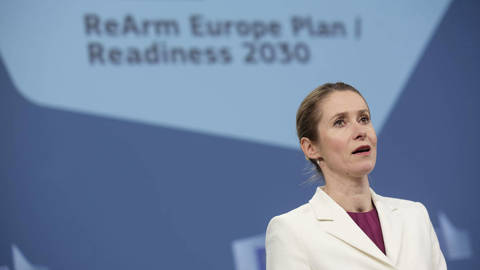Renewing Europe
I welcome President Macron’s initiative to start a European discussion on the way ahead for the EU. This is what we need to make sure that the next European elections will be the occasion for a discussion amongst all European citizens on what kind of Europe we want. Beyond the meetings of experts we need to democratize the debate. And Europe must move away from national politics to a truly transnational and pan-European one.














